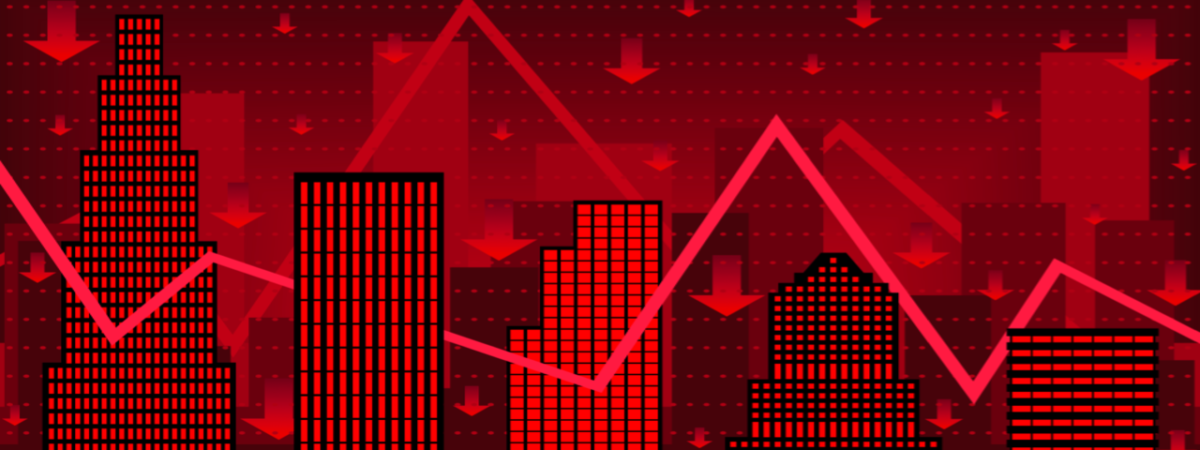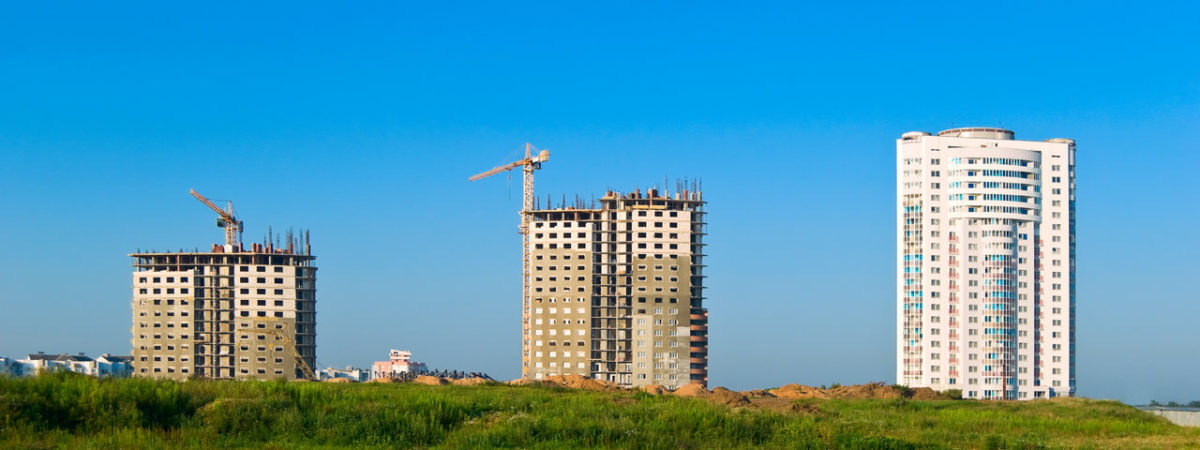Oxfam’s inequality fabrications
SUGGESTED



Oxfam have realised that journalists are not familiar with the inequality data and don’t know the difference between wealth inequality and income inequality. They have realised that if they write a press release that is merely misleading, over-worked hacks will turn it into a convenient lie.
The reality is that the level of income inequality in Britain is average by European standards and lower than average by global standards. Feel free to check this by looking at data from the World Bank and the Office for National Statistics. The first graph is based on the former and the second graph comes from the latter. Both graphs use the standard Gini coefficient (lower numbers = a more equal distribution of income after taxes and benefits).


As the ONS says:
“Before any taxes and benefits, the UK had one of the highest levels of income inequality in the EU. However, the UK’s tax and benefits system appears to be more redistributive than that of many other countries with relatively high pre-tax and benefits inequality, bringing the UK close to the overall EU average for inequality of disposable income.”
The least equal nations are mostly in Central and South America where the Gini coefficient frequently exceeds 50, as compared with 32 in the UK and 26 in the rich world’s most equal country, Slovenia. Some ex-Soviet states have lower levels of income inequality than Britain but nearly every African country is less equal than Britain. So too is Russia, Turkey, China and the United States.
Nor is wealth inequality high by international standards. The graph below is based on data from the Credit Suisse report that Oxfam claims to base its figures on.

The Credit Suisse report explicitly says that…
“…the pattern of wealth distribution in the United Kingdom is very typical for a developed economy.”
All of this might come as a surprise is you read the BBC’s report today which begins as follows:
UK one of the most unequal countries, says Oxfam
“The richest 1% of the UK population owns more than 20 times the wealth of the poorest fifth, according to Oxfam.
That made Britain one of the most unequal countries in the developed world and contributed to the vote for Brexit, the charity said.”
This is bad journalism but when you look at Oxfam’s literature, you can see how the BBC hack got confused. The first line of Oxfam’s wafer-thin briefing note says:
“The UK is one of the most unequal developed countries in the world.”
There is a citation for this claim but instead of being a reference to the raw data, it is a reference to an OECD report which has a graph showing the UK with a higher-than-average level of income inequality, though lower than Turkey, Chile, the USA, Mexico and Israel. The OECD report does not claim to be a study of ‘the developed world’. It is a study of its 35 member states. And its figure for the UK is wrong, presumably because it is old. It gives the UK a Gini of 36 when the real figure is 32. If it was shown correctly, the UK would be bang in the middle.
In any case, the OECD report is about income inequality whereas Oxfam’s report is supposedly about wealth inequality. Oxfam get around this by moving seamlessly from talking about income inequality to making some fairly meaningless claims about wealth inequality, like this:
“…the richest one percent of the population now owns more than 20 times more wealth than the poorest 20 percent of the population.”
This is not necessarily untrue, it just doesn’t tell you anything useful. The poorest 20 per cent of the population don’t own very much. Most people’s household wealth is dominated by the value of their house. If you live in a house owned by the government, you are unlikely to have much wealth and if you are in debt you will own no net wealth at all (note that you can be in debt with credit cards, student loans etc. without being poor in any meaningful sense).
The use of the word ‘now’ in the sentence above implies that the poorest 20 per cent previously had more wealth than they do today, but Oxfam do not provide any evidence for this because there is none. Nor do they compare the UK’s wealth distribution with from that of other countries, presumably because – as shown above – there is less inequality of wealth than in many countries, including the sainted social democracies of Scandinavia.
In a blog post written to coincide with Oxfam’s press release, one of the charity’s numerous policy advisors drops the word ‘developed’ and explicitly says:
“The UK is one of the most unequal nations in the world.”
This is a flat out lie. Under no measure is the UK anywhere near being the most unequal nation in the world.
There is currently a debate about ‘post-truth politics’ in Britain. People rightly get annoyed by fabrications like the £350 million Vote Leave claimed Britain sent the EU every week, but this claim was widely challenged in the media at the time. If you look at the BBC’s inequality report you will find no challenge, no rebuttal and no response from anybody who disagrees with Oxfam’s warped interpretation of the data. Whether it knows it or not, the BBC is complicit in the fabrication.
5 thoughts on “Oxfam’s inequality fabrications”
Comments are closed.





yes, this is similar to their claim last year that China had, regrettably become much more unequal since everybody was starving under Mao. Oddly, though, their graph stopped at 2008. I won’t bother to waste any more time explaining why. Sadly the reason is obvious. This was part of a huge report that got a lot of publicity.
It’s also disingenuous in that most of the figures for the developed world are very similar, and since that the underlying data is neither that accurate nor 100% comparable, the figures are basically all the same.
What the report should say is that the developed world has remarkably similar distributions of income.
But where’s the fun in that?
It doesn’t really matter if the UK is more or less unequal compared to other Countries. It only matters if inequality here is excessive. Which it is and can be empirically shown to be the case.
The precise amount of compensation we owe the community is the rental value of land we exclude others from using (and some other Pigouvian taxes on externalities).
While in the UK, the top 1% pay around 18% of total taxes, they own a far greater proportion of land by value. Thus under a fair and efficient tax system that no longer taxes wealth creation and used land rents as the major source of public revenues instead their tax liabilities would rise significantly.
Both wealth and income inequality in the UK would be reduced to a level that is no longer excessive and we’d all enjoy a greater stock of wealth over all. A win-win.
Only economic parasites and Socialists control freaks gain from our present arrangement. A gruesome symbiosis if ever their was one.
Oxfam is a charitable NGO. It no doubt has a governing document it must follow and laws and government rules to follow.
There is little doubt in my mind that it ignores any requirements for honesty in all of those.
If we on the right were not as cheap and lazy as we are we’d unleash the legal hounds on Oxfam and its officers, demonstrate, boycott and use all the techniques the left uses to beat us, time after time
Who can you trust these days? Great analysis Chris.